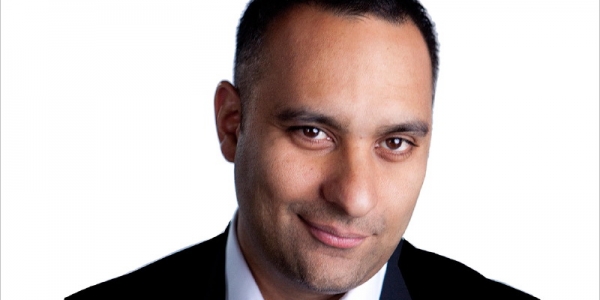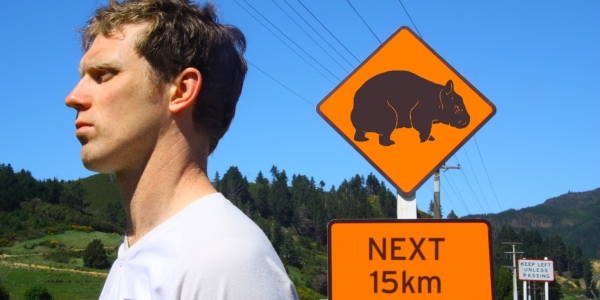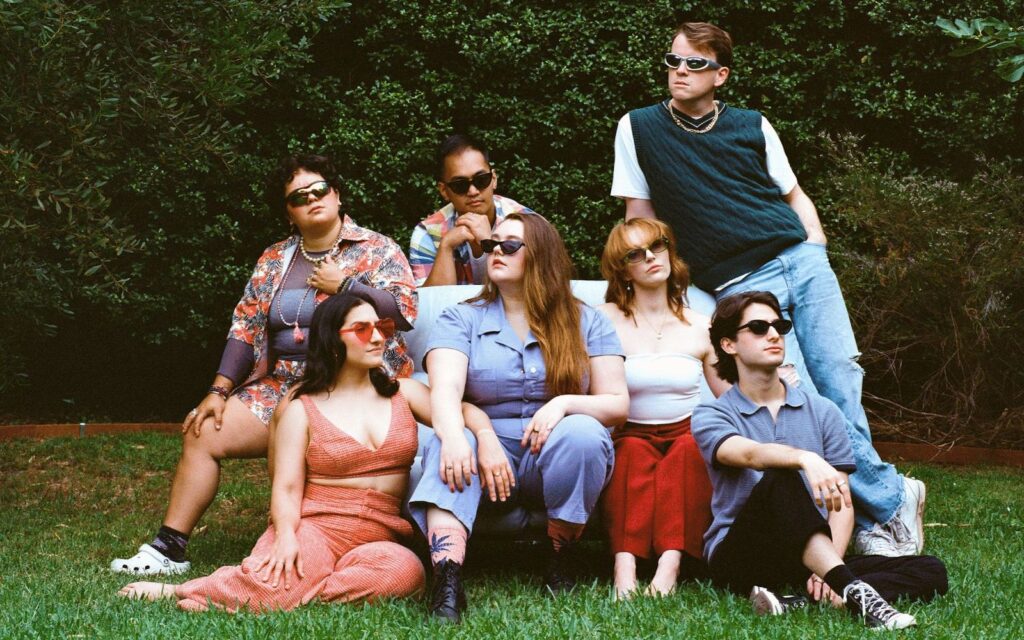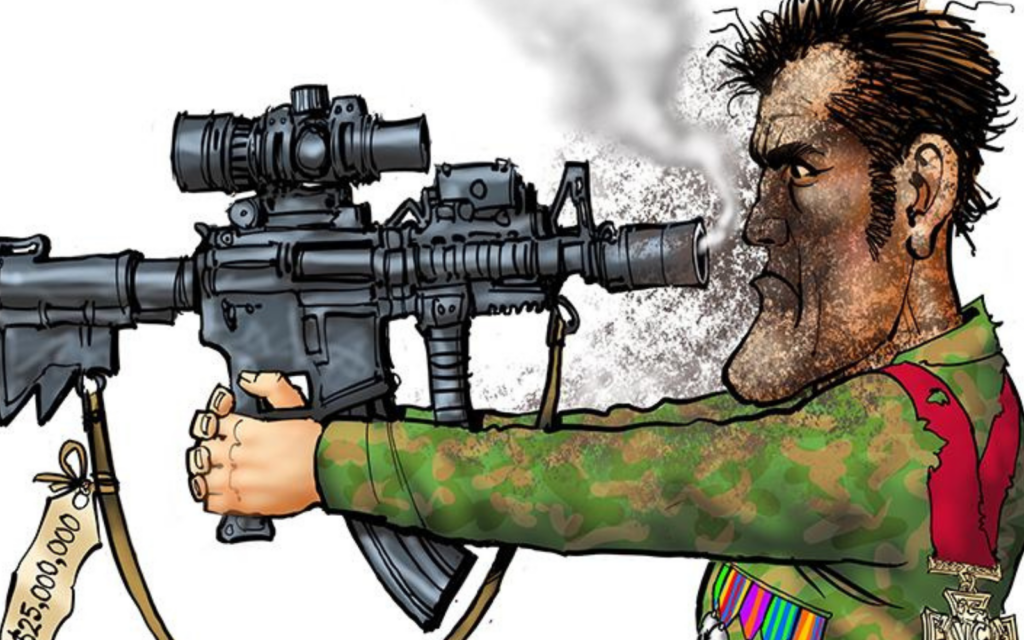While Peters is no stranger to selling out the biggest venues across the globe several times over, he confesses that returning to the dark and dingy clubs where he first began making his mark is as imperative today as it was when he began over 26 years ago. “To me, arena shows and stadium shows, they’re like title fights,” he details. “Comedy clubs are where you go to train. You’ve got to do the ground work, you’ve got to build yourself up. You’ve got to spar and fight with comics that are younger and hungrier than you.
“Firstly, you have to earn your place, but then you need to maintain your position. It’s really like boxing, you always need to go back to the beginning. If you try and skip a step in this game then you’re going to end up on your arse.
“You’ve got to give it to those guys, those ones who are out there performing every night and working on their stuff,” he notes of the up-and-comers. “There’s this thing, you can go around and have people paying to see you and being enamoured by your performances, but it creates this false sense of security. Once you put on those gloves it’s an equal playground. That’s when you find out just how funny your jokes really are.”
While the vicious proclamation that illegal downloading is killing the music industry rings incessantly, many seem to overlook the problems that the YouTube age is creating for modern-day comedians. In his 2006 DVD Outsourced, Peters begins by greeting the audience with “Look at you, you filthy downloaders!” Fiscal implications aside, the recording and distribution of a show, a joke or a punch line can affect a comedian in a live setting far greater than it can a musician. “That’s why I have my security guys at my shows,” he notes.
“They’re not there to protect me, they’re there to protect my artistic product. They make sure that nobody in the audience has a camera out and are trying to record it. We live in a time where people just find it really difficult to simply sit down and watch something. People feel the need to record things, and in doing that, you take yourself out of the moment. To make the most out of any show you need to stay in the moment and to stay in that space, it’s not that difficult.”
For the past six years Peters has found himself on the Forbes’ list as one of the ‘Top Ten Highest Earning Comics’. While many would prefer to keep their financial state of affairs to themselves, Peters sees this as a much more preferred option to having the paparazzi delve into his personal affairs. “People writing stories that I make a lot of money? It’s not really a scandal,” he laughs. “I mean, it’s not like anyone really knows what a degenerate I am. Heck if you want to put that out there then I’m sort of flattered. Wait, who is he? How is he making this much?”
While Peters’ multi-million dollar lifestyle is almost unfathomable when juxtaposed against his humble beginnings, his upbringing and the tribulations he faced during his youth are always front of mind. In 2010 he established the Russell Peters North Peel Scholarship, one that would award a pupil up to $20,000 to finance their studies at his former school in Brampton, the Judith Nyman Secondary School (previously North Peel). “My old high school was a place where in my hometown, if you said you went there, people would scruff up their face and say ‘oh this guy’s dumb’,” he notes.
“It wasn’t an academically focused school. It was a place that would really help people with learning or physical disabilities. It was really a place to help people get through school just so you could say ‘I finished school’.
“Pretty much everyone who goes to that school comes from low-income families. They may want to go onto bigger and better things but they don’t have access to the resources or finances. And, I mean, if I can give hope to at least one student a year? By all means I’m going to do that.”
This month will see Peters return to Australian shores for the first time since his sold-out tour 2013. “Australians have always been really good to me,” he details. “The fans are always excited and always make for great audiences. Australia reminds me of Canada in the way that it’s so diverse, the demographics that come to my shows are always all across the board.
“For me, the more mixed the audience the better. The less of one kind of people and the more of as-many-other kinds makes for a better show. It gives you more points of reference to play with, to choose from and to connect with people.
“The show is really a snapshot of my life right now. I think this show really allows me to get away from that whole, usual, ethnic style of comedy. There’s a lot of stuff that’s basically about me being a 44-year-old man still struggling to try and fit into this world. I mean, I’m still immature but I’m also a father. We live in a technological world but there’s still so much about it that puzzles me, which to be honest is embarrassing for an Indian guy.
“As I perform my show every night I’m still polishing it up. The show is always changing. You may expand on a bit, you might economise something. You might find that something works better if you say it this way or that way. It’s a forever-changing process. There’s always challenges and ways to keep myself entertained while I’m up there performing.”
BY TYSON WRAY







